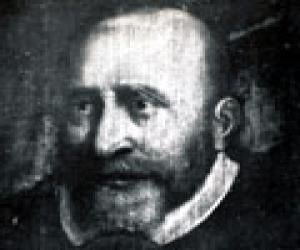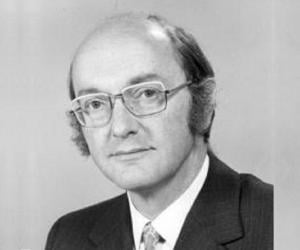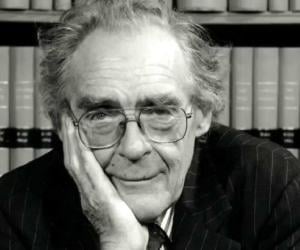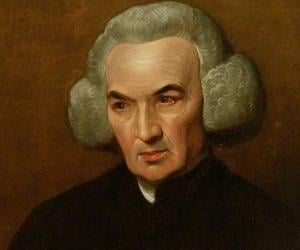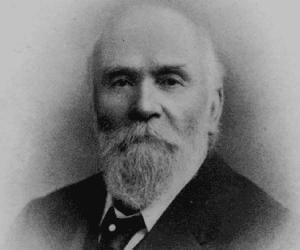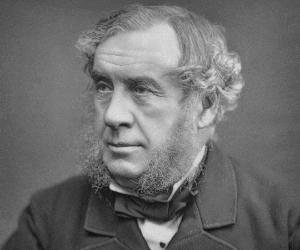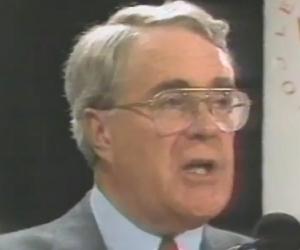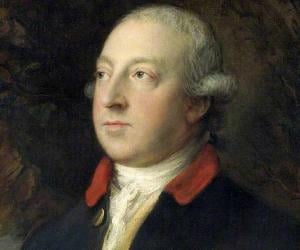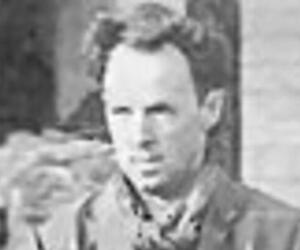1
David Kelly
(Welsh Scientist and Authority on Biological Warfare)
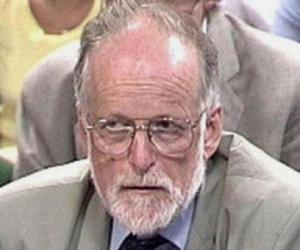
21
4
Birthdate: May 14, 1944
Sun Sign: Taurus
Birthplace: Llwynypia, Glamorgan, Wales
Died: July 17, 2003
David Christopher Kelly was a respected Welsh scientist specializing in biological warfare. He served as a chief weapons inspector for the United Nations in Iraq, uncovering anthrax and BW programs. Kelly played a key role in missions with UNSCOM and UNMOVIC. His involvement in the 2002 dossier on Iraqi weapons of mass destruction led to controversy after his off-the-record conversation with a BBC journalist. Following his tragic death, an inquiry confirmed suicide. Kelly's work was recognized with honors and a Nobel Peace Prize nomination.
